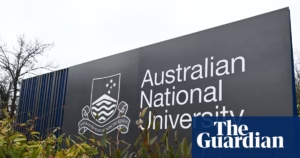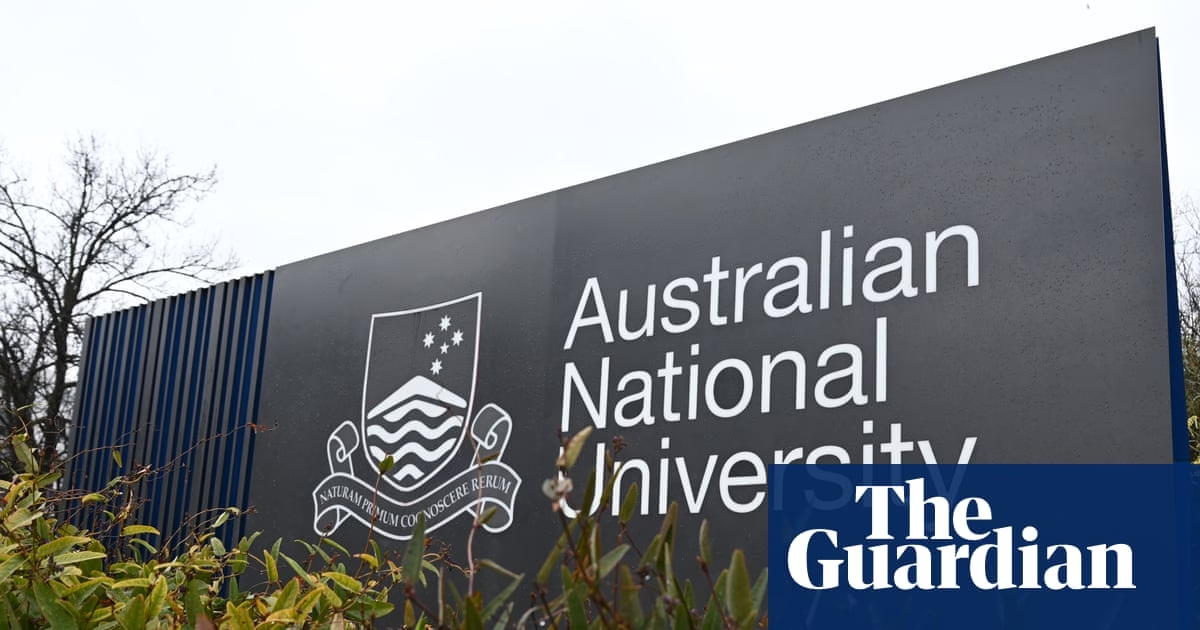There will be no further forced job cuts at the Australian National University, its interim vice-chancellor has announced. However, Julie Bishop will continue in her leadership role and the restructuring process, known as Renew ANU, will still occur.
In an all-staff town hall meeting on Thursday, the interim vice-chancellor, Professor Rebekah Brown, became visibly upset, holding back tears as she confirmed there will be no more involuntary redundancies as part of the restructure.
She stated that the university will need to realign some colleges that were previously flagged for restructuring and be “mindful” of spending. However, there has been a higher than expected uptake in voluntary redundancies, saving around 100 jobs that were initially at risk.
At least 399 redundancies have occurred since the restructuring began one year ago.
This announcement follows the resignation of the former vice-chancellor, Professor Genevieve Bell, just a week prior. Her two-year tenure was marked by redundancies, proposed course closures, and allegations of a toxic work culture.
Brown took responsibility for the harm caused by the restructure and promised that management “will be better going forward.” She emphasized a different approach to communication, ensuring improvements under her interim leadership.
Brown also mentioned an anonymous donor who has offered a generous philanthropic gift to continue the Australian National Dictionary Centre, which was initially set to close. Additionally, the university has identified funds to support the Australian Dictionary of Biography.
The future of the centre for European studies, the humanities research centre, and the ANU school of music remains uncertain. It is unclear if they will be saved in their current forms.
Jimmy Barnes was among 36 high-profile musicians who signed an open letter urging ANU to save the music school. Under the draft plan, ANU intended to absorb the music school into the school of creative and cultural practice and eliminate one-on-one instrumental lessons.
Brown stated that some form of performance will return to the music school after discussions with the Canberra Symphony Orchestra.
No Cuts at ANU, a grassroots group of academics opposed to the restructure, mentioned that Brown’s statements did not address the root causes of anger at the university. They pointed out the damage already done to students and staff within the music school.
Brown’s leadership and the continued role of Chancellor Bishop have faced criticism from the National Tertiary Education Union, sectors of the academic community, and some politicians.
Brown was asked whether she would advise Bishop to step down if the university is serious about rebuilding trust, to which she responded, “The short answer is no.” Bishop herself stated that there were no grounds for her to step down.
The ACT division secretary of the NTEU, Dr. Lachlan Clohesy, commented that the decision by ANU to halt job cuts should give hope to university staff nationwide. However, he also criticized the restructuring process, stating that it has damaged the university and its people.
Almost 30 staff members from the ANU’s humanities school have stopped work following an internal report warning of psychological hazards related to the restructure.






